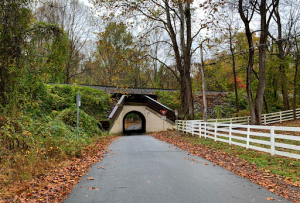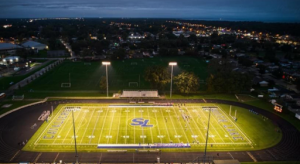In recent months, there has been a growing number of white South Africans, also known as Afrikaners, applying for refugee status in the United States. This new development has sparked intense debate among policy makers, human rights organizations, and the general public about the definition of persecution and who truly qualifies for asylum.
The applicants, mostly from South Africa’s white minority which is 7% of the population, argue that they face systemic discrimination and danger in their home country. Many point to violent crimes targeting South Africa’s farming community, which is primarily white. While crime affects all South Africans, some white farmers claim these attacks are racially motivated.
South Africa’s Black Economic Empowerment (BEE) programs were designed to address apartheid-era inequalities. White South Africans have expressed their feelings of disadvantagement in employment and business opportunities due to these programs.
Another reason that white South Africans feel discriminated against is due to some land reform debates. Ongoing discussions about redistribution of land without compensation have created uncertainty. Some white South Africans even feel that they could lose property that has been in their family for generations.
Under international law, particularly the 1951 Refugee Convention, a refugee is someone who has a “well-founded fear of being persecuted for reasons of race, religion, nationality, membership of a particular social group or political opinion.”
The United States also incorporates this definition into its immigration policies. Legal experts note that while some individual cases of white South Africans seeking refuge in the U.S. may have been successful, most applicants still face significant barriers.
Supporters of these asylum claims argue that white South Africans face unique threats. Some U.S. politicians have even proposed special visa programs. However, critics counter that South Africa’s challenges, while serious, are not similar to the persecution that is defined by international law.
South Africa’s government maintains their claim that while the country faces significant challenges, no group is being systematically persecuted. They point out their constitutional protections for all citizens and ongoing efforts to address inequality through legal means.
Elon Musk, a member of the Trump Administration and a white South African, continuously claiming that there is a “genocide of white people” in South Africa. More recently, when asked why white South Africans have had their refugee applications expedited, Trump stated that there was a “genocide” against white people.
Many people have pointed out that the Trump administration has stopped refugee programs from places like Afghanistan, Iraq and parts of Africa while the white South Africans gained refugee status in a hurry.
This situation raises profound questions about global justice and immigration policy which has yet again triggered many discussions on these topics.















